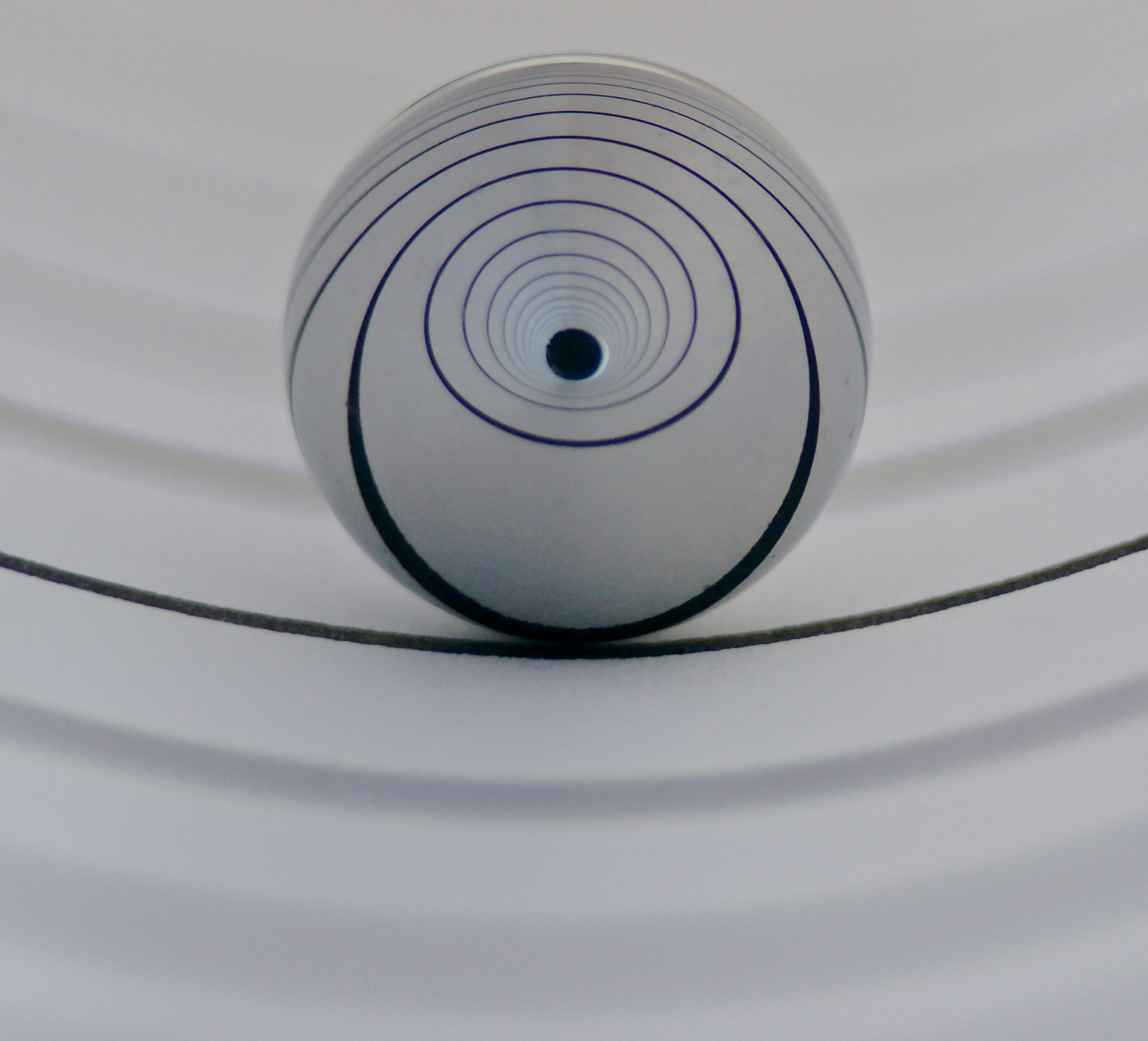This post is the start of a new series, diving into topics around mental health as an athlete. Conversations around mental health have anecdotally been less stigmatized, but there is still a lot of work to be done. For example, when Simone Biles withdrew from the 2021 Summer Olympics due to getting the “twisties”—a phenomenon where she lost awareness of where her body was in the air—trolls called her a quitter and accused her of being soft. They didn’t care about the physical danger this put her in. Sports and athletes are much more than a performance for the amusement of others.
I’m nowhere near the caliber of Simone Biles, or really any professional athlete. I’m a person who likes to be moving a lot, especially by bike. I race in the local cycling scene and was excited to ride over 10,000km in 2024 including my first 300km ride to the coast and back. The complex relationship of my mental health and how sports helps this and creates challenges are still very much present. The goal of this series is to capture some of those nuances. I’ve also been slowly chipping away at an article on the high correlation between endurance athletes and those who have experienced/are navigating trauma. Perhaps building up to that in the series will help me finish that as well as be less jarring than me opening with that piece on its own.
Self care is a nebulous and complicated thing. It’s hard to identify meaningful ways to engage in it when a primary focus is surviving pressures across intersectionality. What does it even look like to provide a touch of equilibrium within those circumstances? Personally, the ability to put my feelings into the pedals or onto the ground provides a means of discharging some of the emotions, stress, and anxiety of daily life. There is more to it though.
Forcing the Recognition of Self Care as a Necessity
One of the things that I like about endurances sports is that it forces me to literally focus on caring for my body. “There is too much to do” doesn’t work after and around large amounts of ongoing exertion. I can’t ignore my body and its needs. I have to eat food, and enough of it, that nourishes my body. I have to get enough sleep to allow the muscles to repair themselves. Yoga helps my body to stretch and relax muscles that have built up tension from being on the bike or at a desk for so long, or muscles that are exhausted from the recent training load. At the same time, I’m presented with one of the only forms of mindfulness that seems to be effective for my neurodivergent brain.
These exercises don’t only challenge my physical being. They challenge my mental perspectives. They challenge how I take care of myself in a capitalistic world which seeks to define my value based on what I output, rather than my worth as a human being. The desire to constantly push, without rest, is a constantly tempting option which is further rewarded in society. At what cost? My engagement with sports has demonstrated that the best way to get back into things is for me to spend energy on myself. Sometimes it can feel like it’s way too much, but life happens in phases. It’s ok to sit and focus on the breath.
